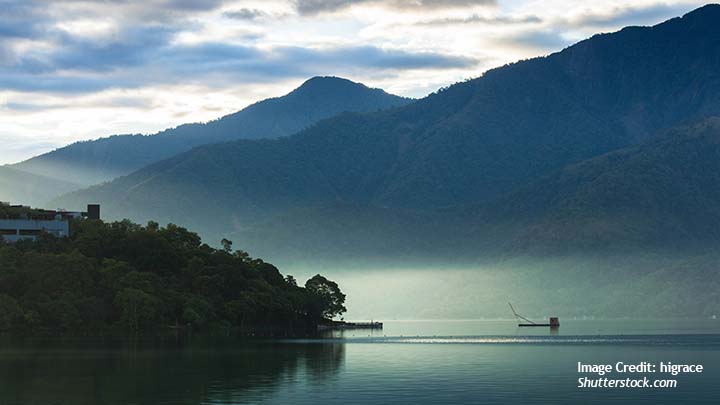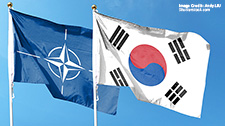Examining the Roles of the UN, Europe, and the US if China Invades Taiwan

Jagannath Panda
Introduction:
In her inaugural address in 2020, Taiwanese President Tsai Ing-wen (蔡英文) reiterated her support for “peace, parity, democracy, and dialogue,” while strongly rejecting China’s “One Country, Two Systems” (一國兩制) policy as a tool to “downgrade” Taiwan and “undermine the cross-Strait status quo.” China’s recent military aggressiveness toward Taiwan suggests that Beijing has abandoned any adherence to the “status quo.” In 2021, Taiwan reported about 1,000 People’s Liberation Army (PLA) incursions into its air defense identification zone (ADIZ), nearly thrice the number (380) seen in 2020. According to Chinese state media, the PLA has increased its “warplane activity” and “routine” military drills to enhance “combat readiness,” as well as to deter Taiwanese “secessionists” and US-led “foreign interference.”
Concurrently, since 2019, Chinese President Xi Jinping (習近平) has been reiterating that China “must and will be reunified,” and has reserved “the option of taking all necessary measures,” including the use of force. Like Russian President Vladimir Putin, Xi has invoked history to justify “reunification,” “drawn from the evolution of cross-Straits relations over the past seven decades.” During the Ukraine crisis, the Chinese Ministry of Foreign Affairs has also repeatedly emphasized Taiwan’s status as an “inalienable part of China.” Understandably, Taiwan—which has always been concerned about China attacking the island when the world is distracted—has been immeasurably impacted by the war unfolding in Ukraine, especially in light of the China-Russia “no limits” friendship commitment and Russia’s total opposition to Taiwan’s independence in any form.
Related Publications
-
ISDP Annual Report 2023
ISDP’s Annual Report for the year 2023. We look back on 2023, a year in which tensions and conflicts captured the strategic space in ISDP’s focus areas, making headlines around […]
-
South Korea’s Indo-Pacific Strategy, Atmanirbhar Bharat, and the IPEF: Convergence and Commonality
For some time now, the existing multilateral networks such as those of the United Nations (UN) system have been largely ineffective in providing good global governance and helping create resilience, […]
-
Washington Declaration: Beyond Korea, What it Means for India?
In April 2023, South Korea and the United States released the Washington Declaration to reiterate and upgrade their treaty alliance. In outlining a joint nuclear deterrence strategy, the Declaration reaffirmed […]
-
Korea Looks to Europe: Its Growing Military-Strategic Cooperation with NATO
Korea is looking to Europe in the military-strategic dimension. It wants to boost ties with NATO even as strengthening relations with the AP4 (four Asia-Pacific partners) forms an important aspect […]
-
Will Yoon’s Indo-Pacific Strategy Tackle the China Threat?
In late-December 2022, South Korea under the relatively new presidency of Yoon Suk-yeol effectively concluded its policy shift from “strategic ambiguity” by releasing the “Strategy for a Free, Peaceful, and […]




